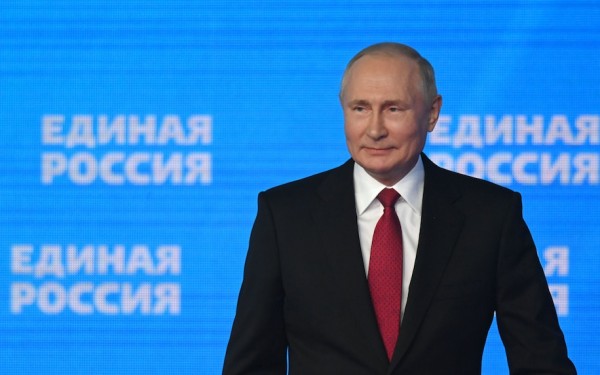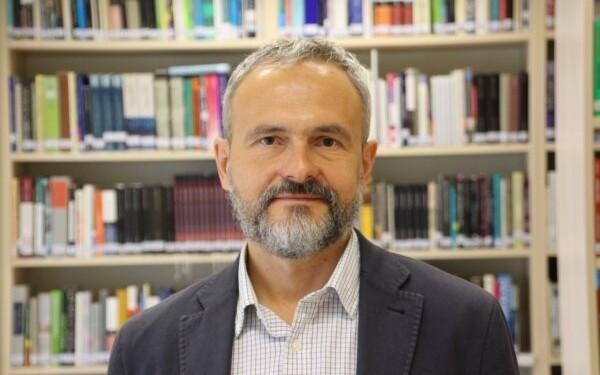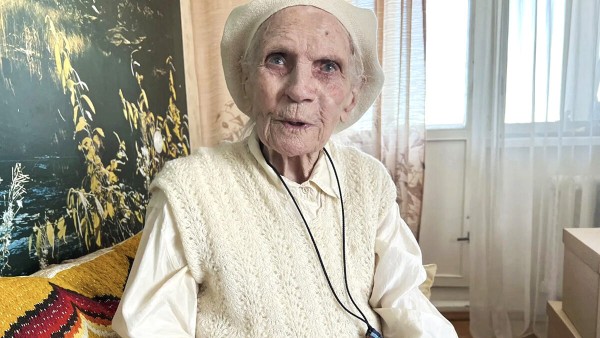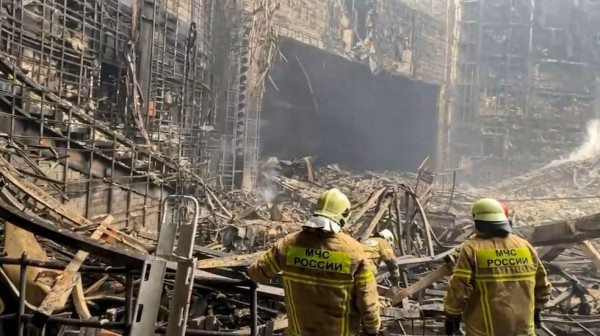Russia’s parliamentary election, which starts on Sept. 17, is still three weeks away. But the number of opposition candidates who have made it onto the ballot — already scarce to begin with — is shrinking by the day.
Last week alone, courts in Moscow barred two prominent regime opponents. One, independent candidate Roman Yuneman, had every signature submitted with his nomination declared “invalid.” Another, Lev Shlosberg — one of the leaders of Yabloko, the last genuine opposition party that still retains ballot access — was disqualified over his participation in a January rally in support of imprisoned Kremlin opponent Alexei Navalny. A law signed by President Vladimir Putin days before the start of the campaign in June bars anyone even remotely associated with Navalny from seeking elected office. In Pskov, also last week, an opposition candidate was removed from the ballot because he had posted a photo of himself with Navalny on social media back in 2017.
For years, the Kremlin has maintained its political dominance through “traditional” authoritarian methods such as control of the media, the use of government resources to favor pro-regime candidates, organized coercion of state employees, and, failing all of the above, manipulating the vote count. (The most prominent example of the latter took place in 2011, prompting large post-election demonstrations.) It appears that vote fraud will be on the menu again this year. This month, Russian authorities moved to sabotage the observation mission from the Organization for Security and Cooperation in Europe that is tasked with monitoring member states’ compliance with democratic standards.
The problem for the Kremlin is that the old methods are becoming less effective. Fatigue with Putin’s two-decade rule is growing markedly, especially among younger people in big cities. Recent polls — not only by independent pollsters but by government agencies as well — show Putin’s party, United Russia, down in the 20s. Even direct cash payoffs to pensioners announced by Putin — a blatant attempt to bribe voters — are unlikely to improve the ruling party’s fortunes.
As if completely detached from reality — which happens to dictatorships after a long stay in power — the Kremlin is aiming not only to preserve its majority but also to ensure that not a single (real) opponent wins a seat in the next parliament. A system like Putin’s depends on a total political monopoly. Even one dissenting vote in the Russian parliament against the annexation of Crimea in 2014 was one too many; the legislator who cast it was slapped with a criminal case and hounded into exile. The lesson had an effect. When parliament met last year to ratify constitutional amendments effectively making Putin president for life, not a single vote was cast in opposition.
September’s election risks upsetting this artificially crafted consensus. For the first time in years, there was a possibility of genuine regime opponents making it into parliament, and turning it into a place for debate, even if this won’t affect vote outcomes. Shlosberg, who came to national prominence with his vocal opposition to Putin’s war on Ukraine, was among the most likely contenders — a prospect clearly incompatible with the current political setup.
Over the past few weeks, dozens of opposition candidates were removed from the ballot, and it’s unlikely that the authorities are done. And this doesn’t count those anti-Kremlin politicians, including the author of this piece, who have been preemptively deprived of the right to stand for election through various bans imposed by Putin’s regime over the years. Members of this group range from participants in “unauthorized” demonstrations to those holding dual citizenship to those affiliated with organizations deemed “extremist” by the government. The number of Russians deprived of even a formal right to seek elected office stands at 9 million, according to a recent expert report.
To state the obvious, choice is a fundamental element of elections, and it is almost nonexistent in Putin’s Russia. One political analyst aptly compared Russian elections to those in the Islamic Republic of Iran — with several candidates on the ballot, but only those pre-approved by the regime. The sole exception (for now) remains the opposition party Yabloko, but its campaign materials and its slot on the ballot are being labeled by the authorities as “affiliated with a foreign agent.” In a country where millions were killed by the state for their alleged status as “foreign agents” not so many decades ago, the implication is unmistakable.
Speaking at a news conference after a farewell visit by German Chancellor Angela Merkel this month — and yet again rejecting her call for Navalny’s release — Putin remarked that “we don’t want any more revolutions” and that “Russia already hit its limit for revolutions in the 20th century.” If one uses history as reference, it would be a good idea to know it. All the revolutions Putin was referring to — in 1905, 1917 and 1991 — happened because society lacked normal democratic means to influence state policy, or even have its voice heard. If Putin thinks that by rendering elections meaningless he will stave off another revolution, he is in for a surprise.
The Kremlin’s old methods of rigging elections aren’t working like they used to
Eestlased Venemaal | 30 Aug 2021 | Vladimir Kara-MurzaEWR
Eestlased Venemaal
TRENDING

























